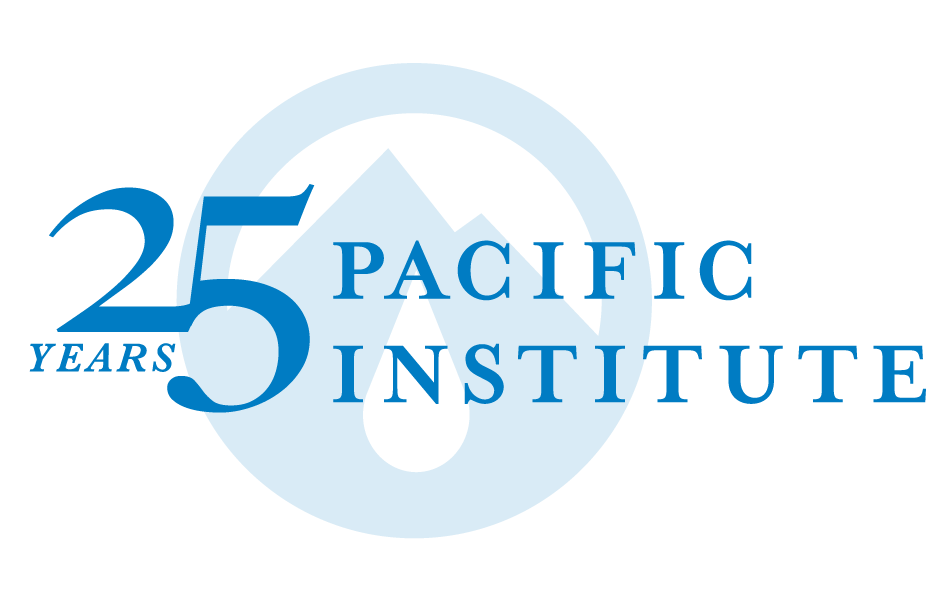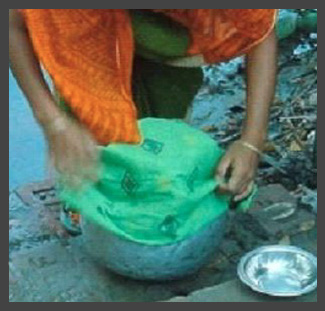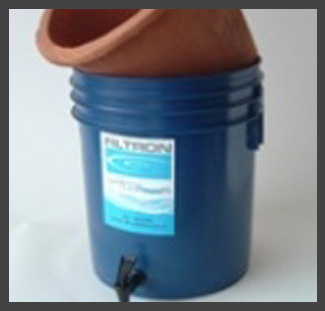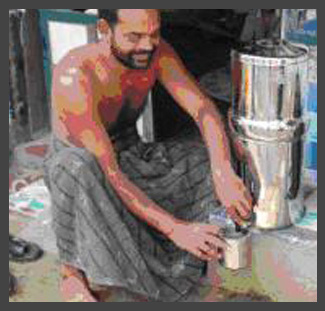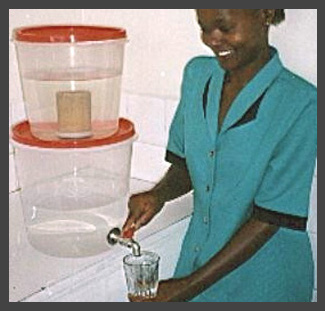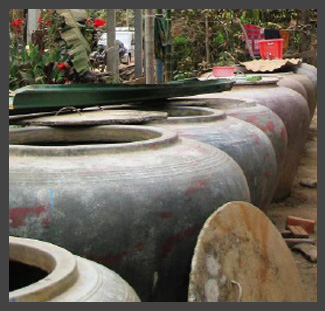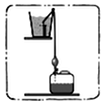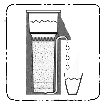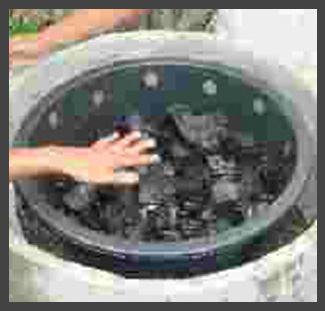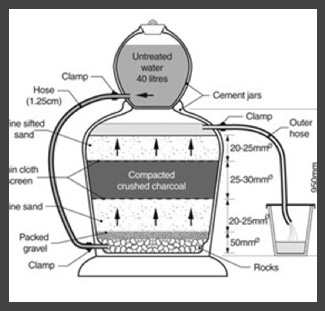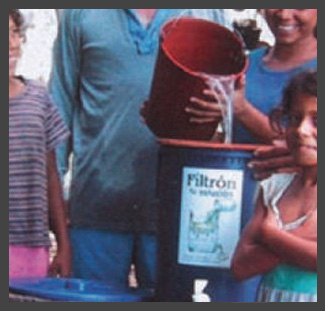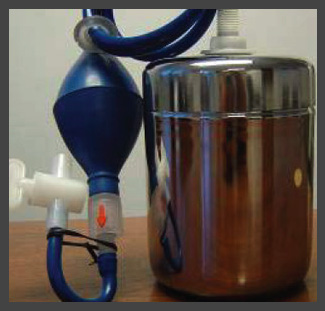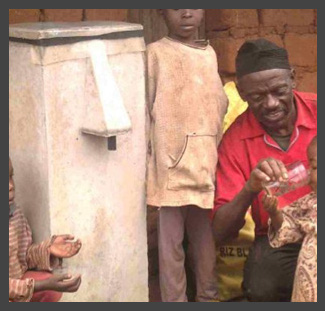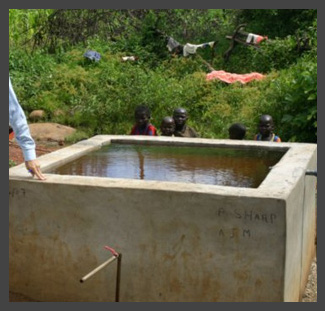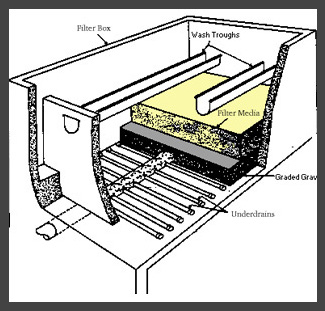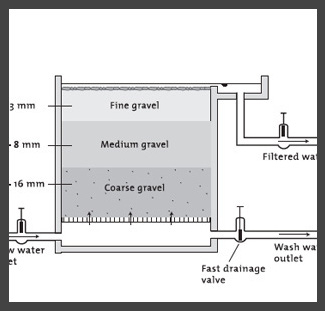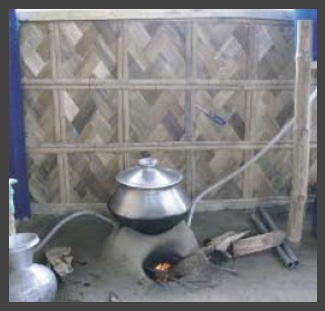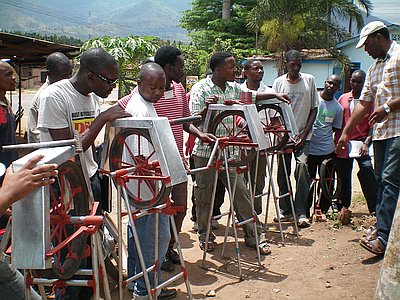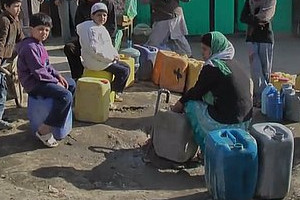HWTS - Filtration
Household water treatment and safe storage (HWTS) has emerged as a viable solution for small and large populations, especially in rural areas. HWTS interventions can lead to dramatic improvements in drinking water quality and reductions in diarrhoeal disease, making an immediate difference to the lives of those who rely on water from polluted rivers, lakes and, in some cases, unsafe wells or piped water supplies.
To decide which household water technology is most appropriate for your needs, financials, and preferences, try using the Community Choices tool by The Pacific Institute. It walks you through a brief survey to consider variables for the right HWTS treatment in Ghana, Burkina Faso, Australia and the US.
Field experiences
The projects below may utilize household filtration systems.
| Akvo RSR Project: Water training centre in Malawi
This project focuses on training local businesses that will produce and sell new low cost water solutions that are affordable for (groups of) households. Demand and investments will be stimulated through social marketing and with the help of the Watsan Centre of Excellence. The goal is to establish a sustainable and competitive supply sector that offers a wide range of low cost water options (pumps, filters, etc) that can deliver water for middle and low income families. |
| Akvo RSR Project: Project Water4Tomorrow
This plan for the development of an advanced well, providing daily clean drinking water for over more than a thousand people in Kabul, was at the request of Frada Foundation. |
HTWS filtration links
- To accelerate health gains to those without reliable access to safe drinking water, WHO established the International Network to Promote HWTS in 2003. The informal network format optimizes flexibility, participation and creativity to support coordinated action. The Network.
- Managing water in the home: accelerated health gains from improved water supply. WHO.
